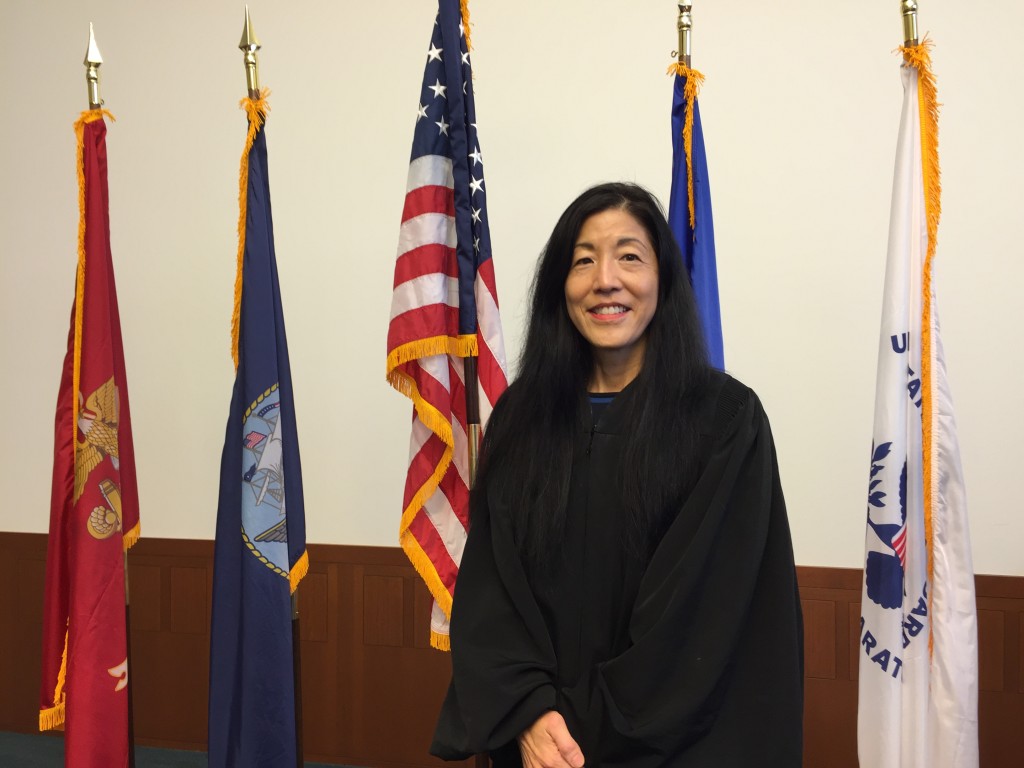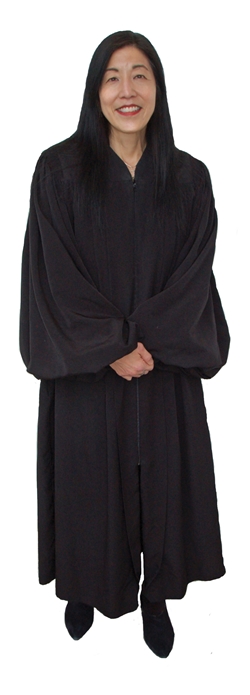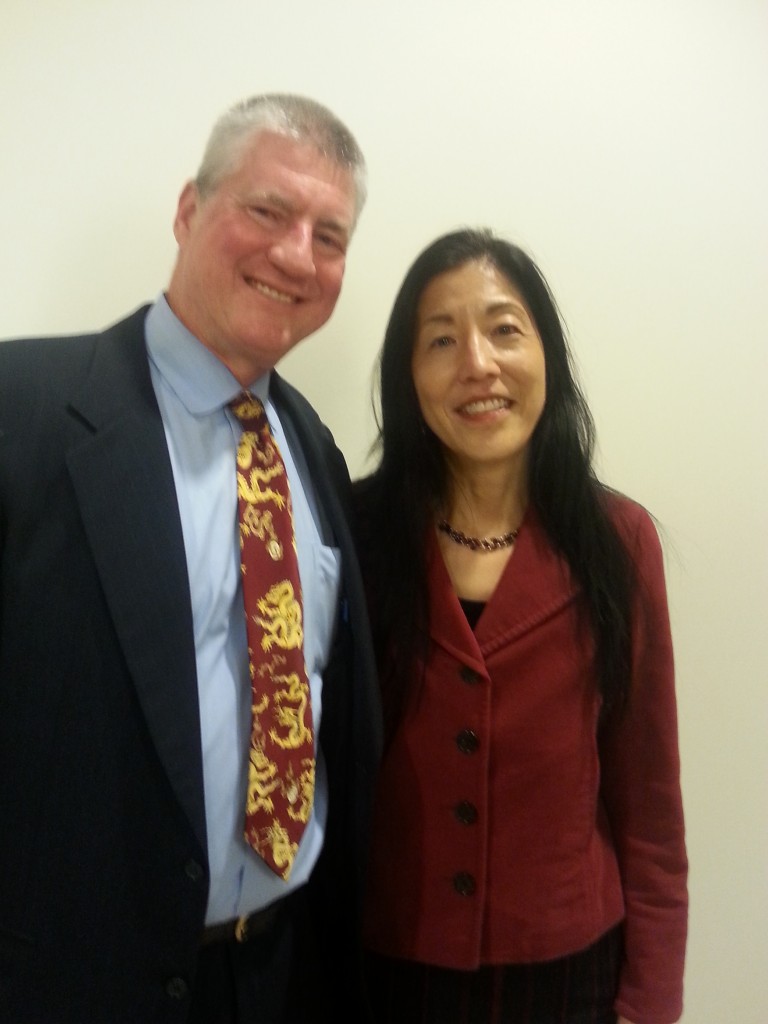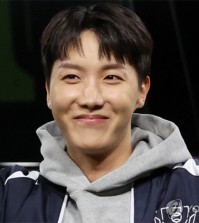- California Assembly OKs highest minimum wage in nation
- S. Korea unveils first graphic cigarette warnings
- US joins with South Korea, Japan in bid to deter North Korea
- LPGA golfer Chun In-gee finally back in action
- S. Korea won’t be top seed in final World Cup qualification round
- US men’s soccer misses 2nd straight Olympics
- US back on track in qualifying with 4-0 win over Guatemala
- High-intensity workout injuries spawn cottage industry
- CDC expands range of Zika mosquitoes into parts of Northeast
- Who knew? ‘The Walking Dead’ is helping families connect
Massachusetts’ 1st Korean judge balances identity, education and social intelligence
By Brian Han
When Eleanor Coe Sinnott was first appointed as a judge in 2006, she wasn’t aware of the fact that she was also the first Korean in Massachusetts to hold that title.
“I was told by other people that I was the first,” Sinnott said. “I’m honored to be the first Korean American judge in Massachusetts. The Korean community means a lot so it’s humbling to me if it gives them pride.”
On paper, there is nothing Korean about her name and historically the names Coe and Sinnott can be traced back to early English and Irish lineages — two cultures that have a very prominent role in Boston’s identity.
When Sinnott’s parents moved from South Korea to Belmont, Mass. in the 1950s, it was safe to say that the local Asian American community was still in its infancy.
“My parents are kind of stoic when talking about their journey here, so I never really got the full story of what they went through,” she explains. “I know when my mom and dad came to the U.S., there were very few Koreans. They chose Belmont to provide strong academic resources for their children.”
Sinnott was born Eleanor Koh near Belmont in Cambridge — the home of America’s educational elite, namely Harvard University and Massachusetts Institute of Technology (MIT).
Four years later, her parents decided to legally change the spelling of their last name while keeping the pronunciation the same.
“I believe that my parents did so because there were very few Koreans in Massachusetts at the time and they believed it would somehow benefit us,” Sinnott said. “I’ve tried to find an answer to why they did that and never got one. Here’s the thing, just about every Korean parent I know will try to give their kids every advantage possible. They knew we’d be in the U.S. the rest of our lives and wanted us integrated as much as possible.”
The desire to have their children fit into the surrounding environment also led to another unique decision.
“My parents told me that they intentionally did not speak any Korean in front of us,” she said. “At the time it wasn’t general knowledge that you could have two languages and be impeded. Now everyone knows you can speak two languages and you can be fine. At the time they thought that there was a chance that us speaking Korean at home might mix things up or put us at a disadvantage and to play it safe they decided not to use it around us.”
Working in law was not always on Sinnott’s career radar and in fact she had other things in mind when she first started planning her future.
“I always wanted to be a medical doctor,” she said. “In my opinion, the thing Korean parents are most proud of is the kid that became a doctor.”
For three years, she took the necessary steps to build her post-college career by conducting medical research at Massachusetts General Hospital while also working on the clinical side with patients.
She had a difficult time labeling the work as something she loved and like anybody in a similar situation, she panicked.
There was one person she knew she could trust.
“I spoke to my mother because I was going through this personal crisis,” Sinnott said. “I told her, ‘all my life I wanted to be a doctor and now I’m not so sure.’ She said, ‘why don’t you combine your science background with law or business.’”
The idea clicked.
After the journey through Boston College Law School, certain issues still arose.
While working at a private law firm with over 100 attorneys, she was asked to work in the litigation department in which she had no interest because of her quiet personality.
“I was told that I wasn’t assertive enough,” she said. “It was one of those things that can happen more frequently to an Asian female who is soft spoken. That’s when I took a 50 percent pay cut, went to the attorney general’s office and ended up in the trial division. I loved it.”
Her passion showed as she took initiative and became more proactive with her work.
As a result, her career took off and she hasn’t looked back since.
“No one there said I wasn’t assertive enough,” she said. “I volunteered to do trials. There was one year I tried more cases than anyone else in my division. Then I worked at the Executive Office of Public Safety as deputy legal counsel. After I went to the Massachusetts State Police as their chief legal counsel. That’s where I was for almost 10 years before I became a judge.”
The question is what sparked the change in personality that allowed her career to flourish the way it did?
The answer was simple.
“My husband probably had the biggest role in helping me develop my social skills,” explains Sinnott. “Rick brings out the best in me. He’s one of these outgoing charismatic types and he gave me the confidence to come out of my shell and take chances.”
She believes that although Korean parents care so deeply for their children and make incredible sacrifices, it sometimes comes at a cost.
“There’s such a strong emphasis on work ethic and education, but being the smartest, hardest working person in the room is just as important as having a high level of social intelligence,” Sinnott said. “Making people around you feel comfortable, being able to handle office politics well. I think that’s something that can get lost when there’s too much of an emphasis on education.”
She attributes this personal development as a primary reason for her success.
“You can’t be in these positions as chief legal counsel of state police where you have to have meetings and develop relationships without having the skills to be comfortable interacting with people that have very different personalities,” she said.
Since being appointed as an Associate Justice of the Boston Municipal Court Department in 2006, Sinnott was later appointed as the First Justice of the Charlestown Municipal Court in 2008.
She became the Presiding Judge of the Boston Veterans Treatment Court (BVTC), which she established on January 29, 2014.
“The [BVTC] convenes once a week and is specialized and adapted to meet the specific needs of veterans,” she said. “The veterans who appear in the BVTC have been charged with crimes and have mental health or substance abuse problems which arise from their military service. I am able to talk to each veteran every week to see how they are doing so I really get to know them. Most of the veterans have served in combat and many have resulting post-traumatic stress and traumatic brain injury from, for example, IEDs or Improvised Explosive Devices. The BVTC’s purpose is to successfully rehabilitate veterans by diverting them from the traditional criminal justice system and providing them with the tools and services they are entitled to so that they can overcome substance abuse issues, alcoholism, mental health issues and emotional disabilities, enabling them to lead productive and law-abiding lifestyles.”
As a former Navy intelligence officer attached to Special Operations Command Korea Unit, she’s a good fit for the position and continues to help the many veterans who yearn to integrate back into society, a story with which she is more than familiar.
She will soon be presiding over a newly established gun court session in the Boston Municipal Court Department Central Division as of Jan. 1, 2015.




















Joshua Cheney
June 8, 2017 at 1:56 PM
Study usc 50 illegal electronic survillance and my Korean relations my name is Joshua Adam Cheney and don’t say much about the study I’m might have told on myself on TV to the police and Kim Jong un talks to my satellite so you might have to find out please
2017
November 20, 2017 at 10:58 PM
Lyrics Forum – reviews, requests, translations, poetry